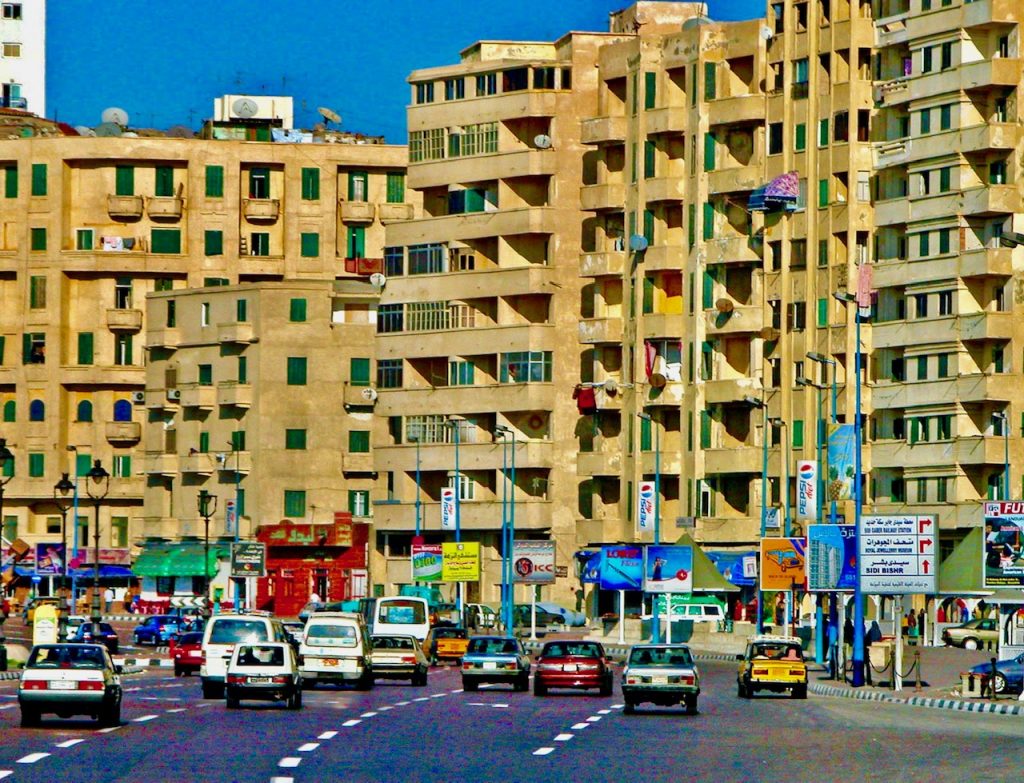As the globe grapples with a deepening pandemic, economies have continued to bear the brunt through widening debt repayment burdens mostly due to reallocation of public funds towards healthcare from planned economic activity. Economies posted negative growths, private sector pulse shrivelled on account of supply chain disruptions and above all asset valuations were adversely impacted as currencies weakened on sell off pressures observed. Africa is facing third wave threat amidst hurdles in getting the amount of vaccinations which poses a real threat to growth in 2021 too. A few nations have issued dollar bonds for various reasons while others have not been able to make appearances in the international capital markets due to default positions and deteriorating fiscal posture making pricing very unattractive to investors. Gregory Smith analyses performance of African dollar bonds in his latest article dated July 02.
A total of $11.8 billion worth of eurobonds were issued in 1Q21 namely Egypt $3.75 billion (multiple bonds with the 10-year portion at 5.875%) the emerging Africa portion, Kenya ($1 billion, 12.5 year at 6.3%); Ghana ($3 billion, multiple bonds with the 13 year portion at 8.625%); Benin (€1 billion, 11 year at 4.875%); Senegal (€0.8 billion, 16 year at 5.375%); and Cameroon (€0.7 billion, 11 year at 5.95%) the frontier Africa portion. This compares to total Emerging Market – EM sovereign issuance of $109 billion between January and June 2021. Africa’s eurobond issuance, at least in dollar terms, remains much lower than in most parts of the globe.
NOT ALL WAS NEW DEBT SOME WAS REFINANCE
Smith explains that not all the borrowing is ‘new debt’ because a proportion of the proceeds from bond sales are being utilised for refinance purposes (past debts). This active debt management is sensible, either to moderate repayment risk, or because the new debt costs less to borrow than the old debt. A good example is that in recent months Benin, Senegal and Cameroon the francophones; directly tendered eurobonds coming due in the next few years, by issuing longer-dated bonds a smart method of restructure. Twenty sovereigns on the continent have dollar bonds running to the tune of $136 billion compared to $100 billion two years ago.
In April 2021, Ghana issued an innovative zero coupon eurobond that matures in July 2025, at 78 cents per dollar of debt to attract investors. The idea being that debt service obligations between now and 2025 were lower versus issuing a more standard coupon paying eurobond. The Ghanaian government pledged to use some of the bond proceeds to repay some domestic currency debt. Senegal on the other hand will use proceeds of their issuance to fund youth employment programs. Cameroon’s debut $750 million in 2015, was reduced to $154 million through a June tender (that will be repaid in 2023 as per the repayment schedule). The new eurobond denominated in Euro’s exterminating the need for currency hedging as the West African nation uses a regional currency pegged to the Euro.
Meanwhile Nigeria just repaid a $500 million eurobond at start of the year in January while Senegal liquidated a $500 million eurobond in May.
ANALYSIS OF STOCK OF AFRICA’S RUNNING DOLLAR DEBT
Emerging economies including Egypt, South Africa and Nigeria dominate the top five of African eurobond issuers. Alongside are the frontier heavy-weights of Ghana (also with over $10 billion outstanding) and Ivory Coast. Relative to economy size, the largest dollar bonds issued are by Ghana, Zambia, Senegal, Gabon and Ivory Coast. Since 2003 African countries have issued $162 billion of sovereign eurobonds of which $16.5 billion have been repaid at maturity, $11.8 billion of the issuances were tendered and bought back as countries worked towards managing repayment risks. A total of $0.8 billion was restructured into new bonds (largely linked to Mozambique’s default in 2017 concerning its tuna fish issuance, but also to Seychelles’ in 2008).

The current stock of African sovereign eurobonds is $136 billion outstanding (mostly in US$, but 16% are Euro denominated), of which 98% is being serviced. The 2% in default reflects Zambia, Africa’s second largest copper producer that stopped servicing its obligations on its $3 billion of issuances. Zambia was the first African nation to default in covid pandemic era.
The overall debt stock has grown by $36 billion since April 2021 when it reached $100 billion for the first time. The biggest issuer in the period since 2019 has been Egypt (with $18.4 billion, or 35% of the total). Meanwhile South Africa and Nigeria have reduced their issuance (by opting for condition free IMF money in 2020 and domestic currency borrowing).
DEBT HURDLES ARE OFTEN LINKED TO MIS-INVESTMENTS
Smith in his recent book entitled Where Credit is Due; How Africa’s Debt can be benefit, not a burden says If proceeds of borrowing are well invested, economies can grow to spur standard of living improvements. However, the quality of investment decisions varies across African countries.

Angola, Gabon, Congo Brazzaville, Namibia, Mozambique and Zambia each saw an above average jump in indebtedness between 2010 and 2020, in addition to registering lower than average progress in improving the quality of their infrastructure (as measured by the African Development bank). The economies of Morocco, Egypt and Tunisia did much better in comparison.
The article was initially published by Gregory Smith the author of Where Credit is Due: How Africa’s Debt Can Be a Benefit, Not a Burden, an Economist list experience in emerging markets.

